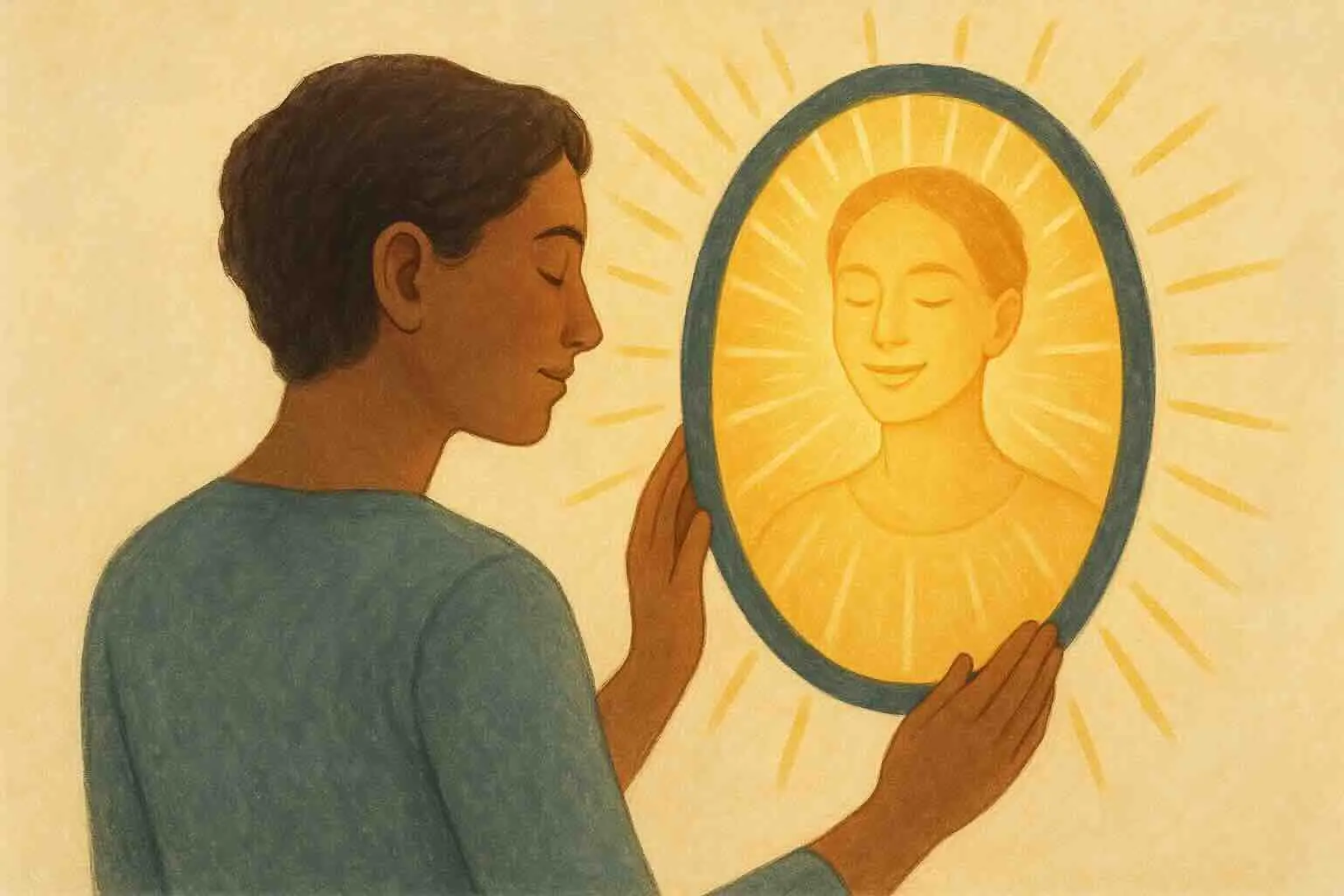What Is Body Image?
Body image refers to how we perceive, think, and feel about our bodies—encompassing beliefs about appearance, emotional responses, and behaviors related to body perception[body-im]. It is shaped by personal experiences, cultural ideals, media influences, and interpersonal feedback. A healthy body image involves realistic and compassionate self-view, whereas a negative body image entails persistent dissatisfaction and distress.
Recognizing the Signs and Symptoms
Persistent body image concerns interfere with daily life and can manifest as:
When these patterns last for months, professional support is recommended.
Different Types of Body Image Issues
- Negative Body Image: Chronic dissatisfaction with appearance and body shape.
- Body Dysmorphic Disorder (BDD): Obsession with minor or imagined defects, resulting in repetitive checking or concealment.
- Muscle Dysmorphia: Preoccupation with insufficient muscularity or leanness, common in men.
- Weight-Related Concerns: Excessive worry about weight gain or loss, fueling disordered eating.
- Gender Identity-Related Distress: Discomfort due to mismatch between one’s body and gender identity.
- Cultural Body Pressures: Distress from societal beauty norms or cultural ideals.
- Appearance-Related Social Anxiety: Fear of negative evaluation based on looks.
- Post-Pregnancy Body Adjustments: Challenges coping with postpartum bodily changes.
How Body Image Issues Are Assessed
Professionals evaluate body image through:
- Clinical Interviews: Exploring personal history, beliefs, and emotional impact.
- Standardized Questionnaires: Tools like the Body Image Disturbance Questionnaire.
- Behavioral Observations: Noting compulsive grooming or avoidance behaviors.
- Assessment of Co-Occurring Conditions: Screening for eating disorders, depression, or anxiety.
- Cultural and Social Context Review: Understanding external influences on body perception.
Evidence-Based Treatment Approaches
1. Cognitive Behavioral Therapy (CBT)
CBT addresses distorted body beliefs and behaviors by:
- Cognitive Restructuring: Challenging unrealistic body standards and negative self-talk.
- Behavioral Experiments: Graded mirror exposure to reduce avoidance.
Studies show large effect sizes (d≈1.0) in reducing body dissatisfaction and BDD symptoms.
2. Acceptance and Commitment Therapy (ACT)
ACT fosters self-acceptance and value-driven action:
- Mindful Acceptance: Observing thoughts without judgment.
- Values Clarification: Focusing on meaningful life activities over appearance.
Controlled trials demonstrate moderate improvements in body image distress.
3. Mindfulness-Based Interventions
Mindfulness practices reduce ruminative negative body thoughts and increase present-moment awareness.
Randomized studies report significant reductions in body dissatisfaction and anxiety.
4. Enhanced Mirror Exposure Therapy
Structured mirror exposure without safety behaviors helps individuals habituate to their reflection and decrease body-related anxiety.
5. Psychodynamic and Interpersonal Therapies
Exploring early experiences and relationship patterns that shaped body beliefs can lead to deeper self-understanding and lasting change.
6. Group and Family Therapies
Support groups and family-based approaches provide social reinforcement and challenge negative norms. They enhance motivation and reduce isolation.
How Noah AI Supports Body Image Improvement
Noah AI offers 24/7, personalized support to reinforce therapeutic gains:
- CBT-Based Exercises: Interactive cognitive restructuring modules targeting body-related thoughts.
- Mirror Exposure Guidance: Step-by-step support for safe mirror work and response prevention.
- ACT and Mindfulness Practices: Short exercises to cultivate self-compassion and present-moment focus.
- Journal Prompts: Structured reflection on triggers, progress, and value-driven actions.
- Resource Library: Curated articles and Audrey’s blog links on body positivity and self-acceptance.
Noah AI bridges the gap between sessions, ensuring consistent practice and real-time coping when body distress arises.
Frequently Asked Questions
Q1: How long does therapy take to improve body image?
Improvements often begin within 8–12 CBT or ACT sessions; full benefit may require 3–6 months of consistent practice.
Q2: Can self-help strategies work?
Self-help books and apps can complement therapy, but personalized guidance from a professional or Noah AI enhances effectiveness.
Q3: What if I have BDD?
BDD often requires intensive ERP-based interventions and SSRIs. Noah AI’s mirror exposure tools can support but not replace specialized care.
Q4: Is body image only about weight?
No. Body image encompasses all aspects of appearance—skin, hair, facial features, muscularity, and gender characteristics.
Q5: How can I support someone with body image issues?
Offer nonjudgmental listening, avoid appearance-based compliments, encourage professional help, and model self-compassion.
Conclusion
Body image issues range from occasional insecurities to clinical disorders like BDD, impacting mental health and daily functioning. Evidence-based approaches—CBT, ACT, mindfulness, and mirror exposure—provide effective pathways to healthier self-perception. Noah AI extends these interventions into everyday life with interactive exercises, journaling, and mindful practices, offering immediate support and reinforcing therapeutic progress.
Ready to cultivate a positive body image?
Download the Noah AI app for iPhone and Android today for on-demand, personalized tools to transform your relationship with your body and embrace self-acceptance.
References
- Body-im Attachment Material (structure reference).
- Twohig MP et al. “An ACT-Based Intervention for Body Image Distress.” Behav Res Ther.
- CBT mirror exposure meta-analysis, Journal of Anxiety Disorders.
- Mindfulness-Based Body Image RCTs, Journal of Clinical Psychology.
- What is Acceptance and Commitment Therapy (ACT): A Comprehensive Guide to Mindfulness and Values-Based Change https://heynoah.ai/blog/what-is-acceptance-and-commitment-therapy-act-a-comprehensive-guide-to-mindfulness-and-values-based-change
- What is Cognitive Behavioral Therapy? A Complete Guide to Evidence-Based Mental Health Treatment https://heynoah.ai/blog/what-is-cognitive-behavioral-therapy-a-complete-guide-to-evidence-based-mental-health-treatment
- What is Exposure Therapy? Overcoming Fear with AI-Guided Chat and Call Sessions https://heynoah.ai/blog/what-is-exposure-therapy-overcoming-fear-with-ai-guided-chat-and-call-sessions







